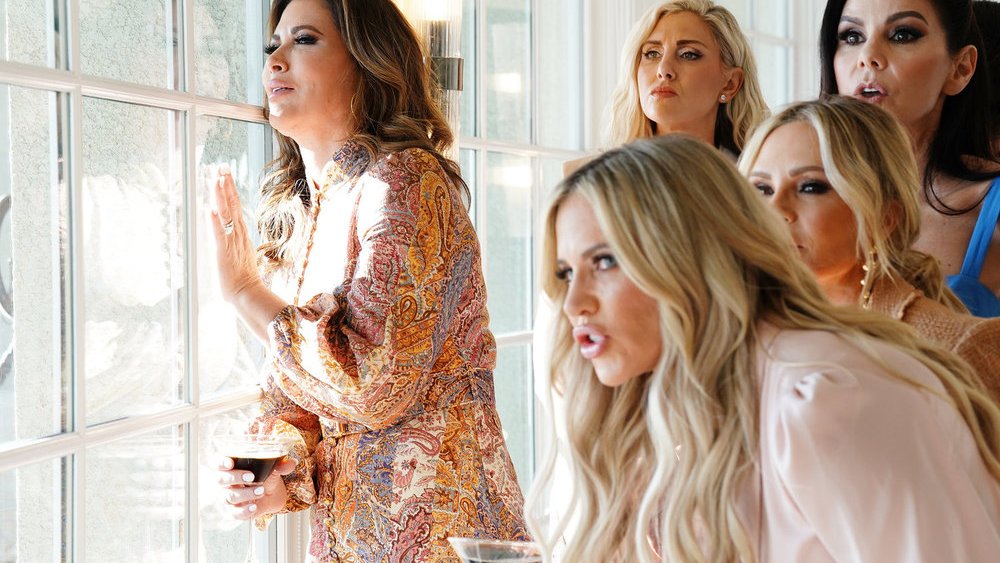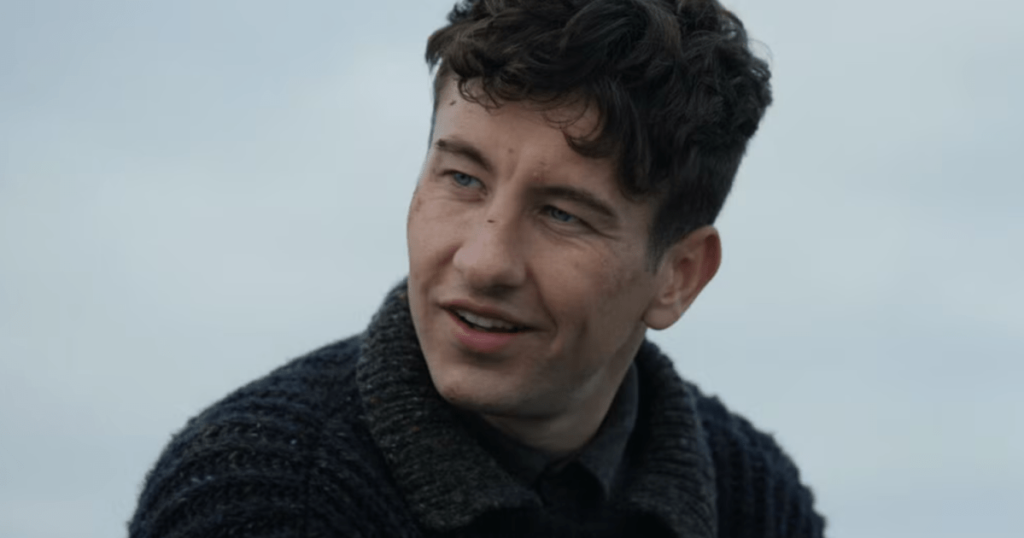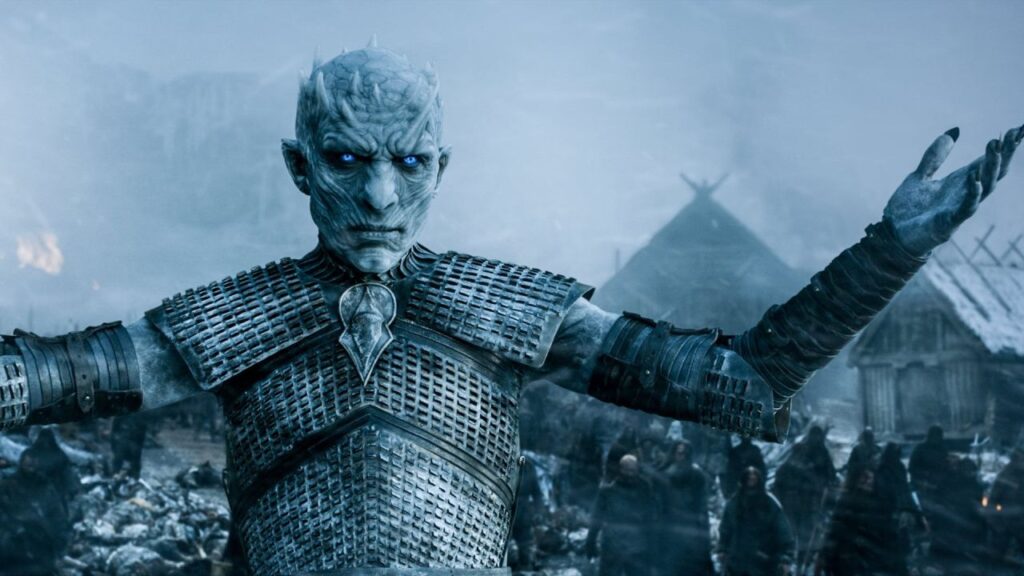NBC bought Bravo in 2002, making the small, arts-focused network its first entertainment cable network. Fast forward to 2025, and Bravo — a very different kind of channel than it was two decades ago — will soon be the company’s only cable outfit.
As Comcast spins off most of the NBCUniversal cable networks — USA, MSNBC, CNBC, E!, Oxygen, Syfy and Golf Channel — into a separate organization, it strikingly has decided to keep Bravo in the original company alongside NBC, Peacock and Telemundo.
Bravo isn’t NBCUniversal’s most-watched cabler — that would be MSNBC, whose shift to SpinCo raises a bunch of thorny issues, including potentially having to consider changing its name. It isn’t even NBCU’s top-rated entertainment cable channel, which is USA Network: Per Variety’s 2023 networks ranker, MSNBC averaged 1.22 million viewers last year, with USA at 688,000 and Bravo at 571,000.
So why Bravo? Quite simply, in a world of zombie cable networks, Bravo is one of the few channels still pulling its weight with original fare. Bravo’s lineup has helped fuel Peacock with megahits like “Vanderpump Rules,” which gave the network its most-watched episode of all time last year with part 1 of its Season 10 reunion.
This year, “The Valley” gave Bravo some of its best premiere numbers in at least 10 years. Then, of course, there’s the never-ending “Real Housewives” franchise, “Below Deck” and its spinoffs, and everything that Andy Cohen does.
According to NBCU insiders, it’s clear that next-day content from NBC and Bravo help drive a big part of viewership on the Peacock streamer, and that’s just not true with the other cable networks.
The idea that NBCU would keep Bravo and jettison everything else was staring at us all along: Peacock boasts hubs for its own originals, as well as for NBC, Telemundo and Bravo. (Well, and also MSNBC — again, still a mystery to how that will play out.) But it doesn’t harbor hubs for USA, E! or even Syfy.
USA Network, which became a general entertainment powerhouse in the 2000s with hit original series like “Monk,” “Suits,” “White Collar” and “Mr. Robot,” is now mostly home to off-network syndicated fare, movie libraries and NBC Sports programming. Networks like Syfy and E! have also pulled way back on originals.
Already, the programming team at NBCUniversal tends to spend most of their time focusing on NBC, Peacock and Bravo. The bio for unscripted content, competition and gameshows exec VP Corie Henson, for example, lists her purview with NBC (“The Voice”), Peacock (“Baking It”) and Bravo (“Top Chef”). Ditto her counterpart on the lifestyle and documentaries side, Rachel Smith, whose oversight includes “Real Housewives,” “Below Deck” and more for Bravo, and big docs for Peacock like “Casey Anthony: Where the Truth Lies.”
And then there’s NBCUniversal Entertainment chairman Frances Berwick, who oversees content, program strategy and business operations for NBC and its cable entertainment networks (and now reports just to NBCUniversal Entertainment & Studios chairman Donna Langley, as of now). Berwick has been instrumental in the evolution of Bravo, having first joined the network in 1996. Under her watch, the channel evolved — first with “Inside the Actors Studio,” and then “Queer Eye,” “Project Runway” and “Top Chef,” and then eventually with its Bravolebrity formats. Bravo is among the handful of cable networks that attracts a rabid, loyal fandom: There’s no USACon. But there’s certainly a BravoCon.
Two decades ago, the idea that little Bravo would ultimately one of the Last Cable Brands Standing would probably shock most industry execs. It was seen as almost a novelty acquisition when NBC bought it from Cablevision for $1.25 billion in late 2002.
NBC (back when it was still owned by General Electric) had only dabbled in cable through the turn of the century, with networks like MSNBC (formerly called America’s Talking) and CNBC, as well as investments in A&E and History Channel. The idea of NBC buying Bravo was seen as mostly a repurposing play, a way for the network to air second windows of its series on a tiny channel that, sure, had “Inside the Actors Studio” and just acquired repeats of “The West Wing,” but mostly still ran art-centric fare.
At the time, Variety reported that “NBC chairman and CEO Bob Wright intends to stick with Bravo’s upmarket artsy schedule and even enhance it with more commissioned documentaries and entertainment-related fare from NBC’s in-house production operation and from other suppliers.”
Little did they know the mega-brand that Bravo would eventually turn into. But this was the dawn of the next chapter of cable programming dominance, and a year later, Vivendi Universal sold its film and TV properties to GE — forming NBCUniversal. Suddenly, it had USA Network and Syfy in its arsenal. In 2009, Comcast took a majority stake in NBCU, bringing its networks like E! into the fold. What followed was more than a decade of a large NBCUniversal cable portfolio doing its thing, before the streaming revolution upended the business and killed the cable golden goose.
And that brings us to now: Bravo ushered in NBC’s cable era… and now it becomes the last vestiges of it in this new world order.
(Pictured above: Bravo’s “The Real Housewives of Orange County”)


